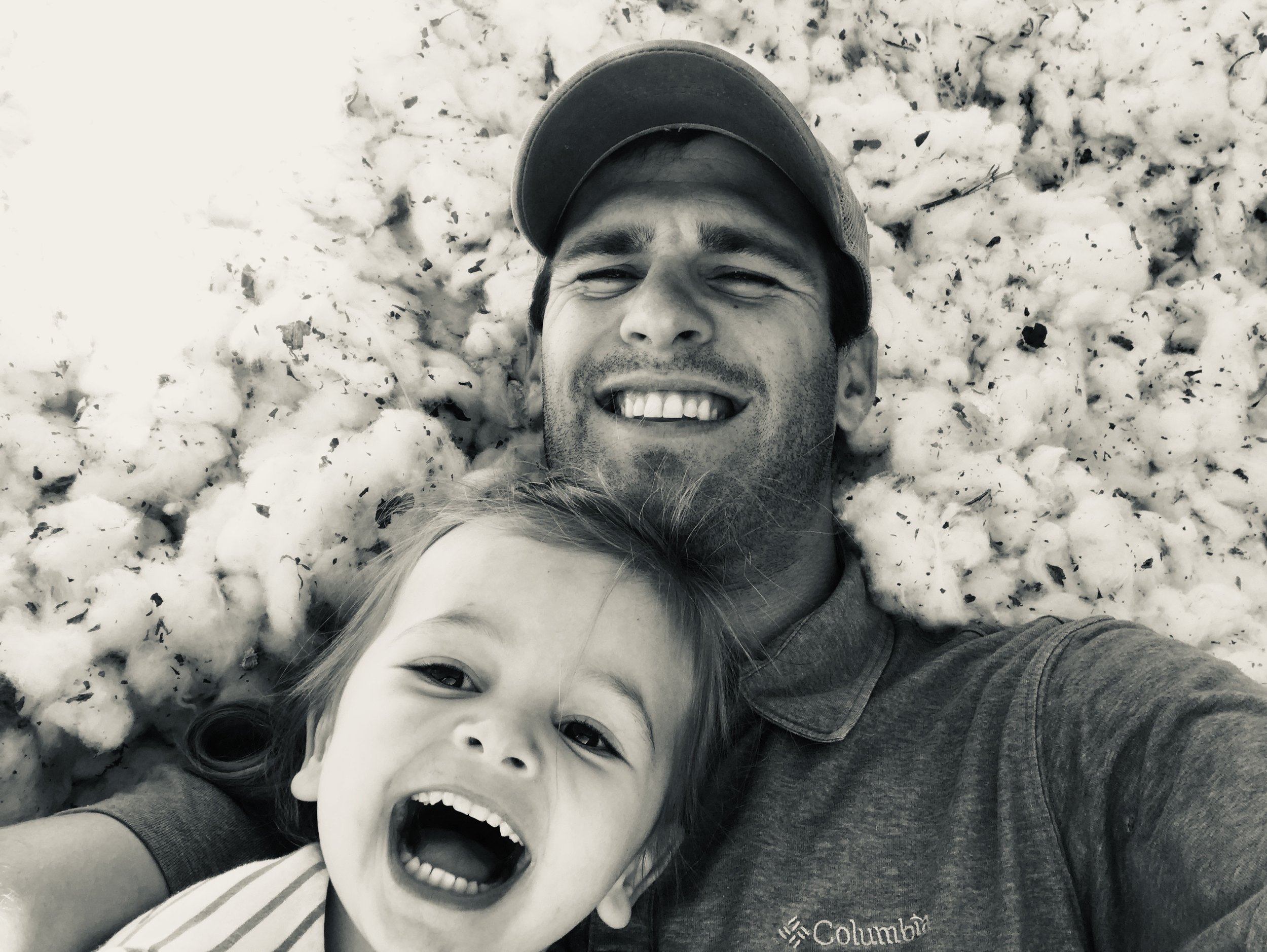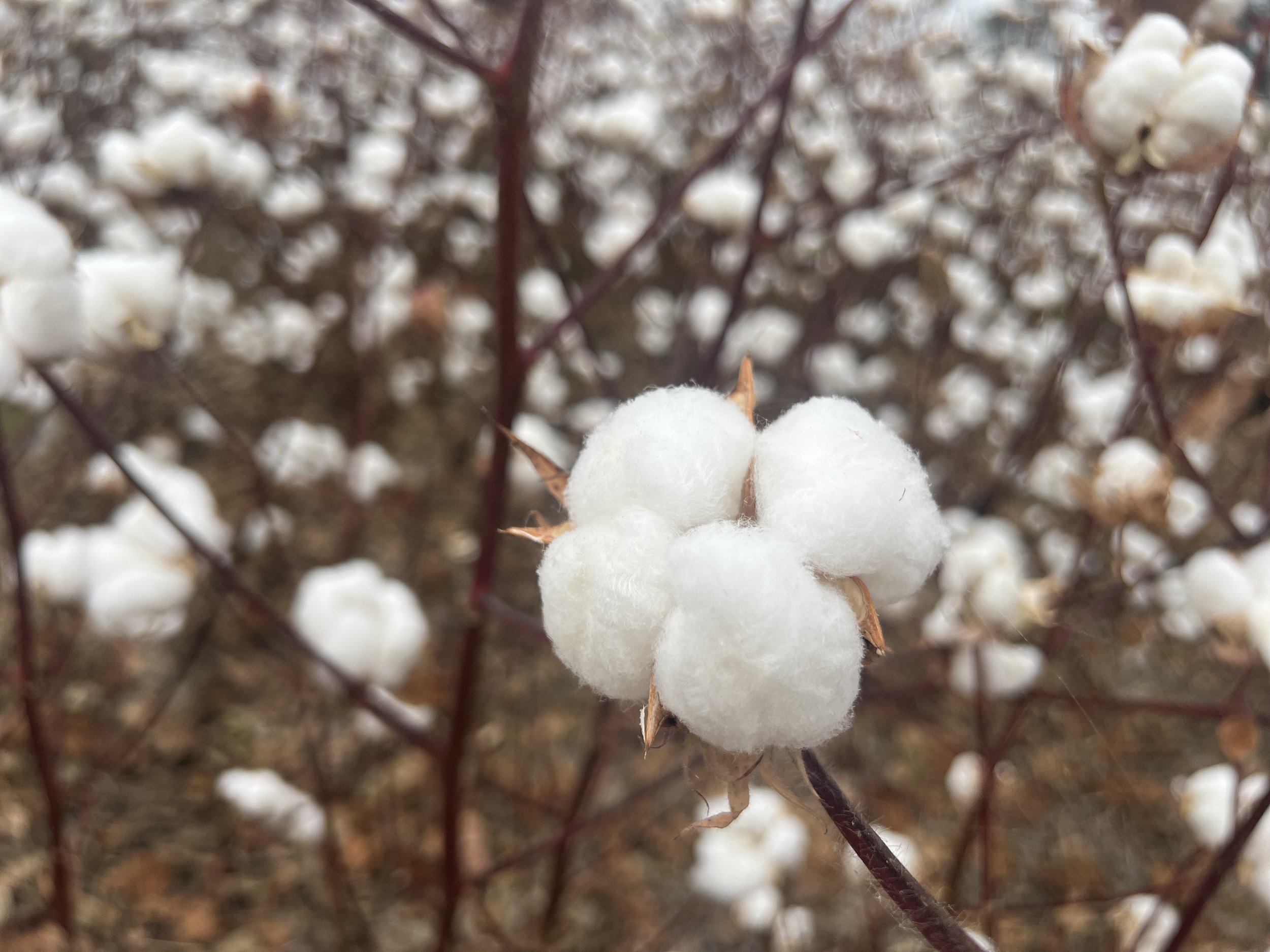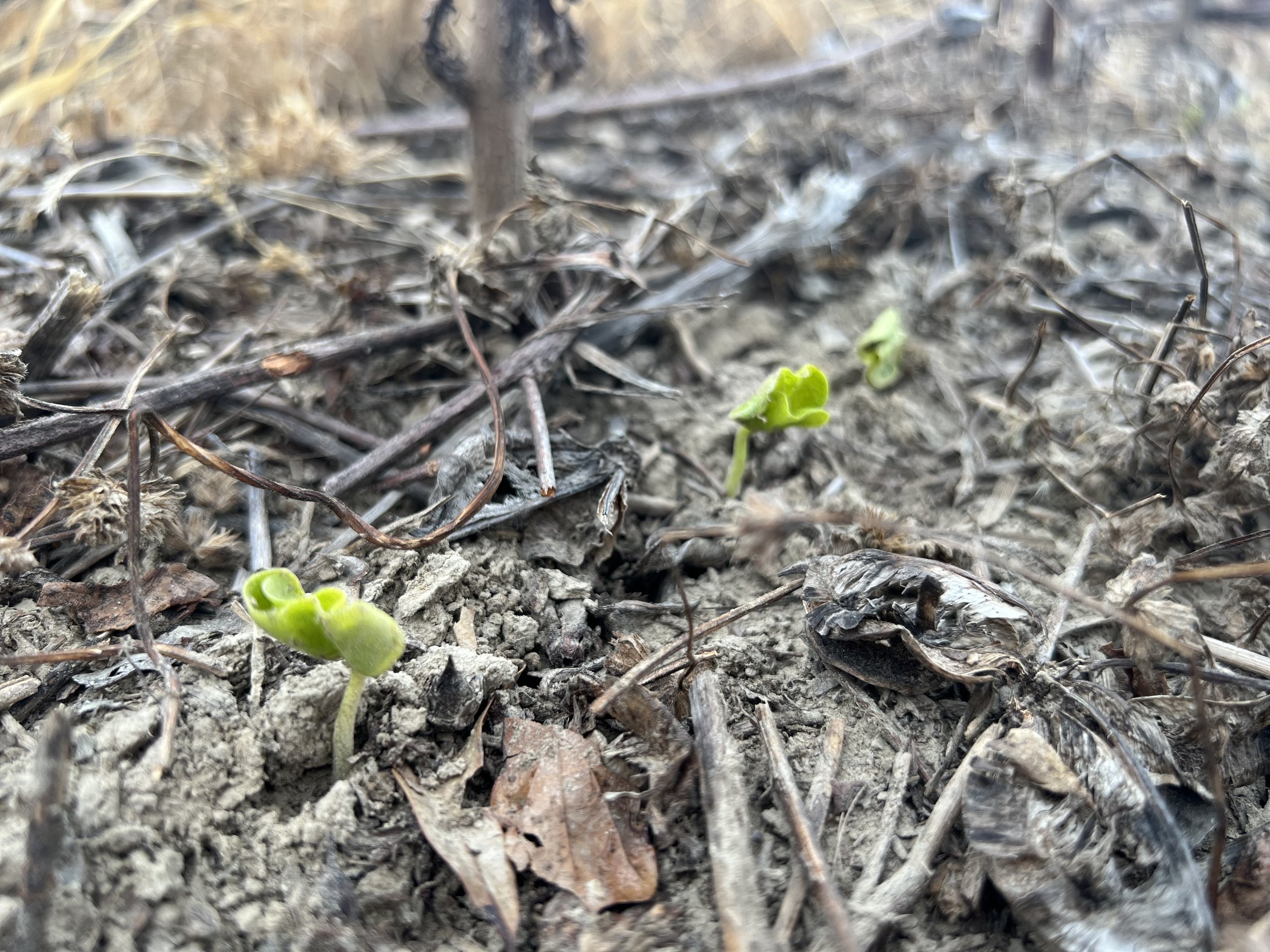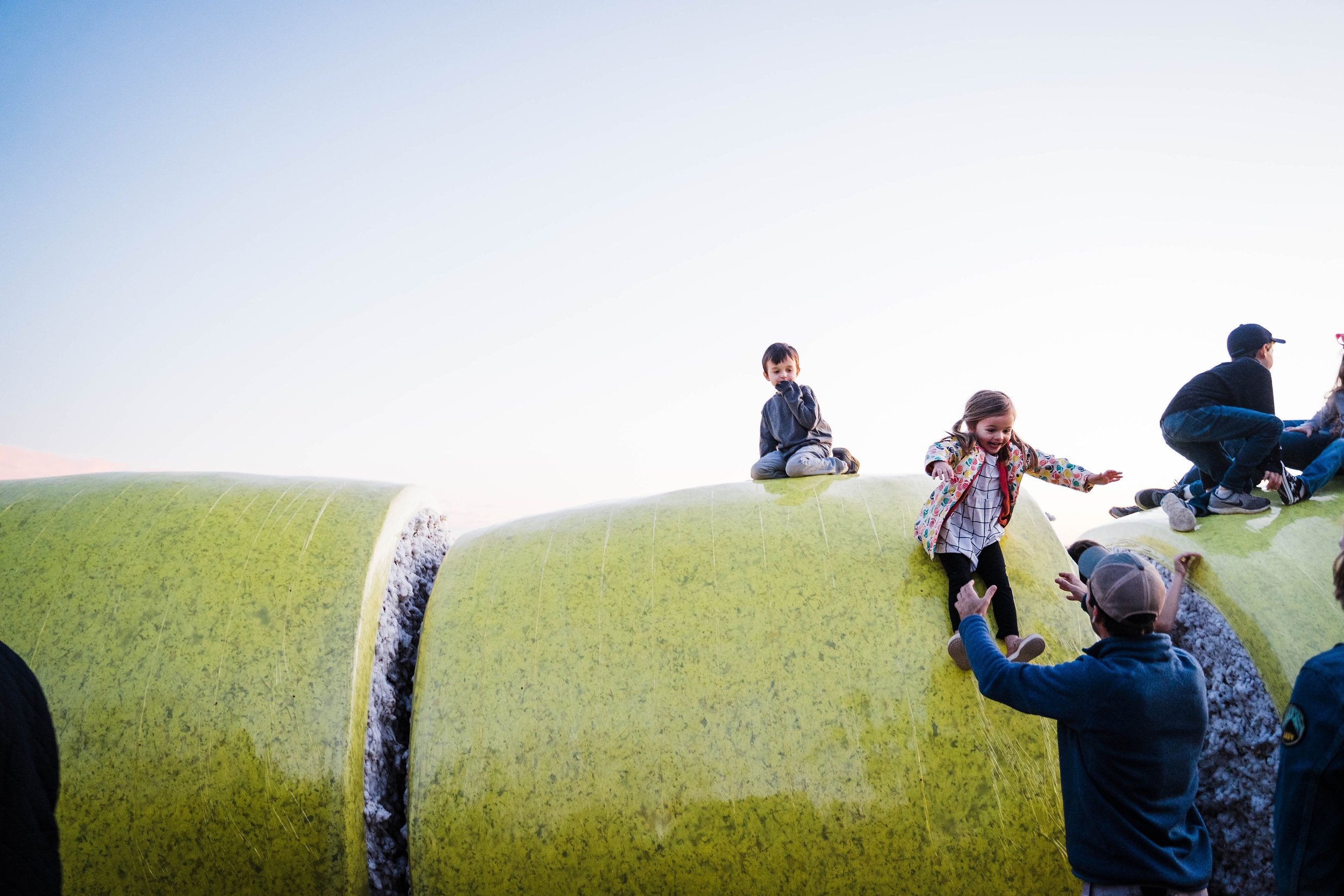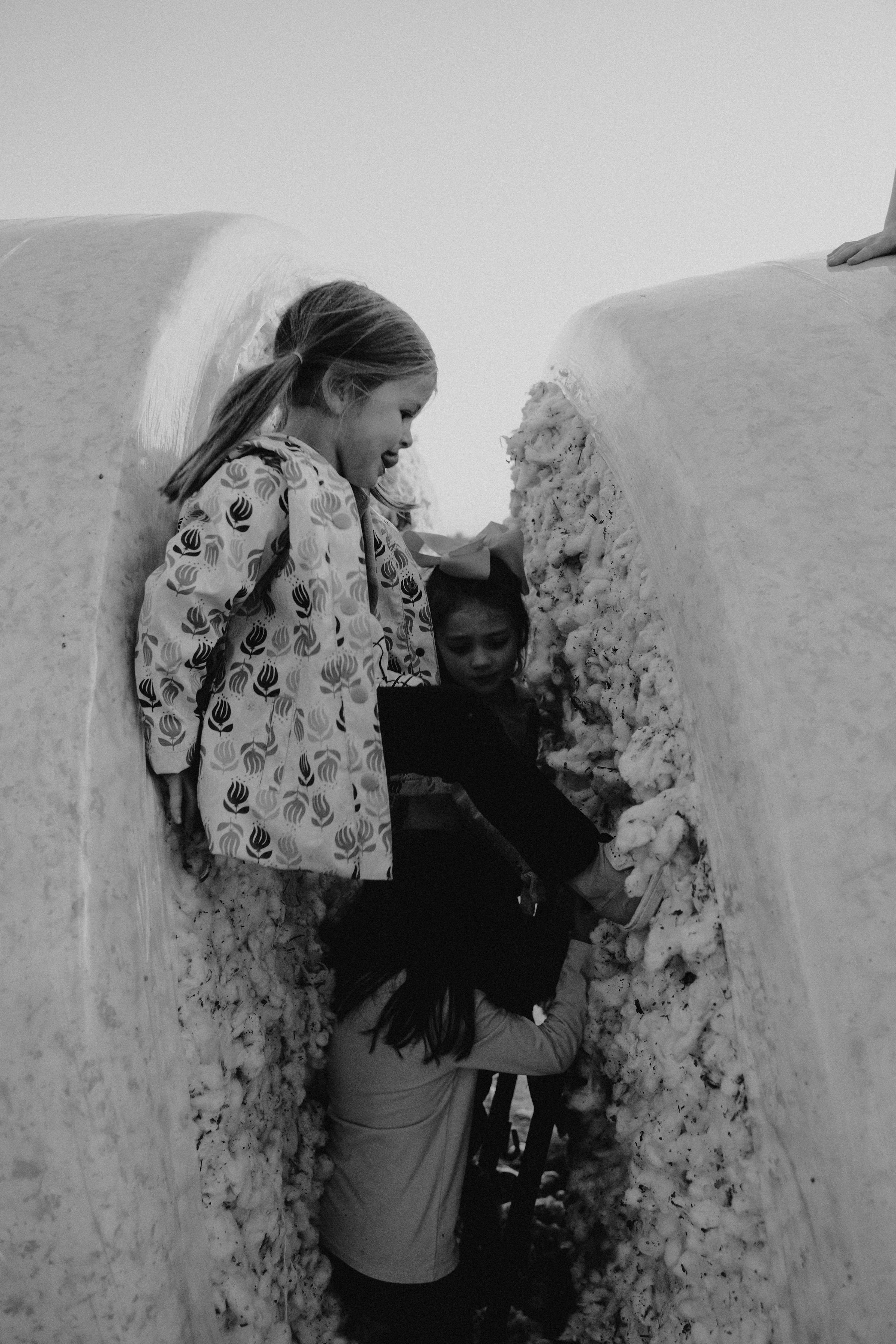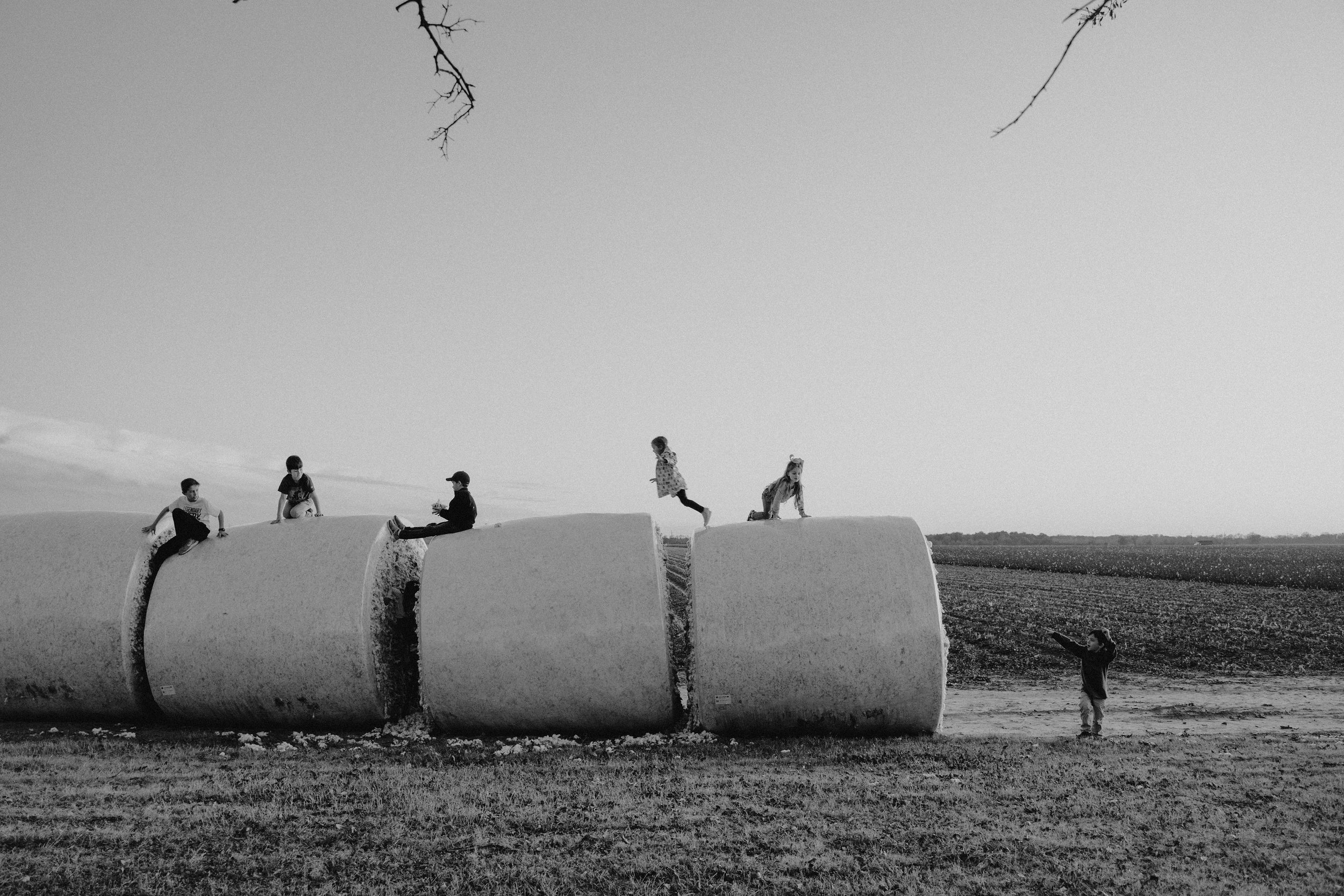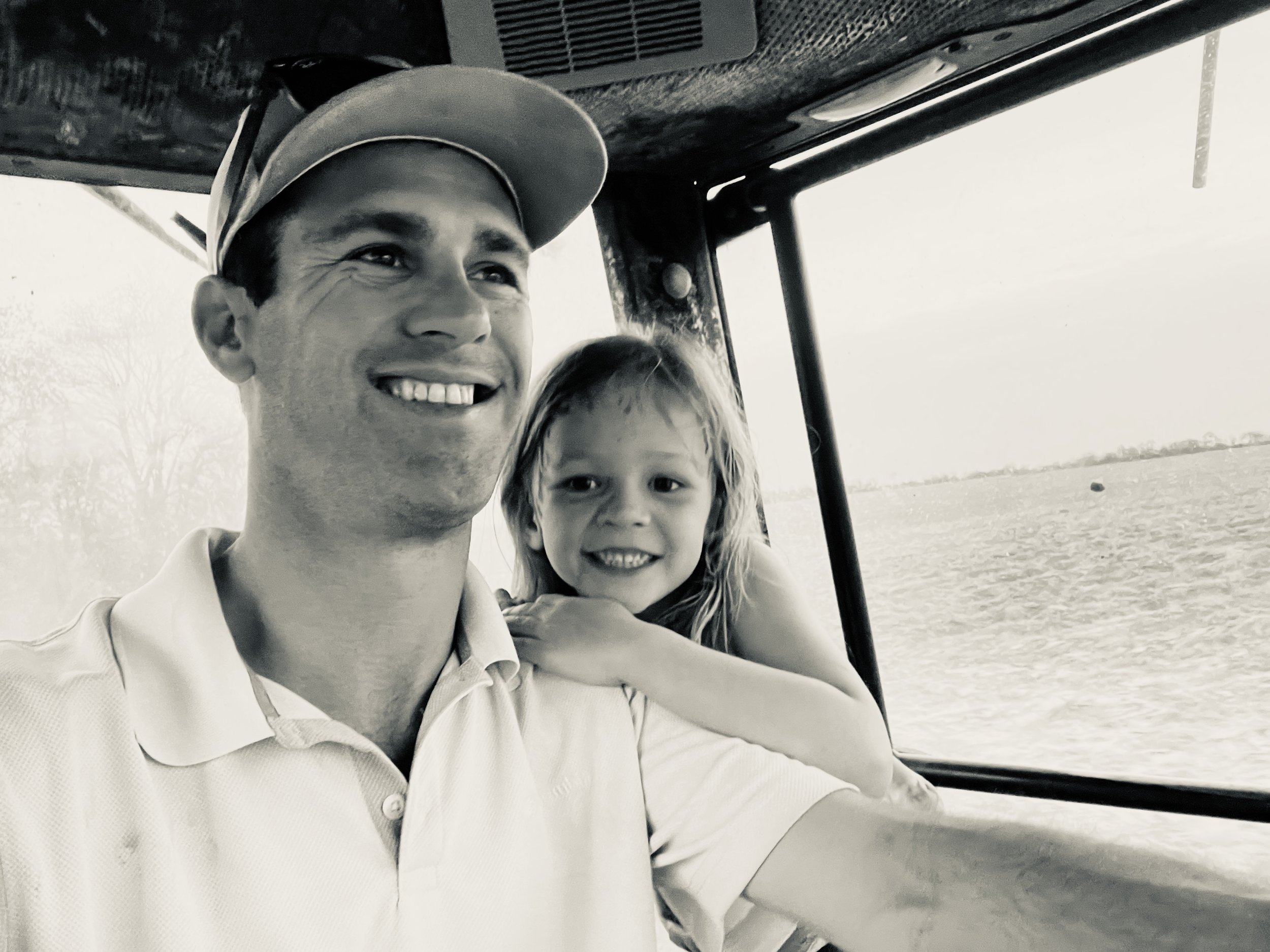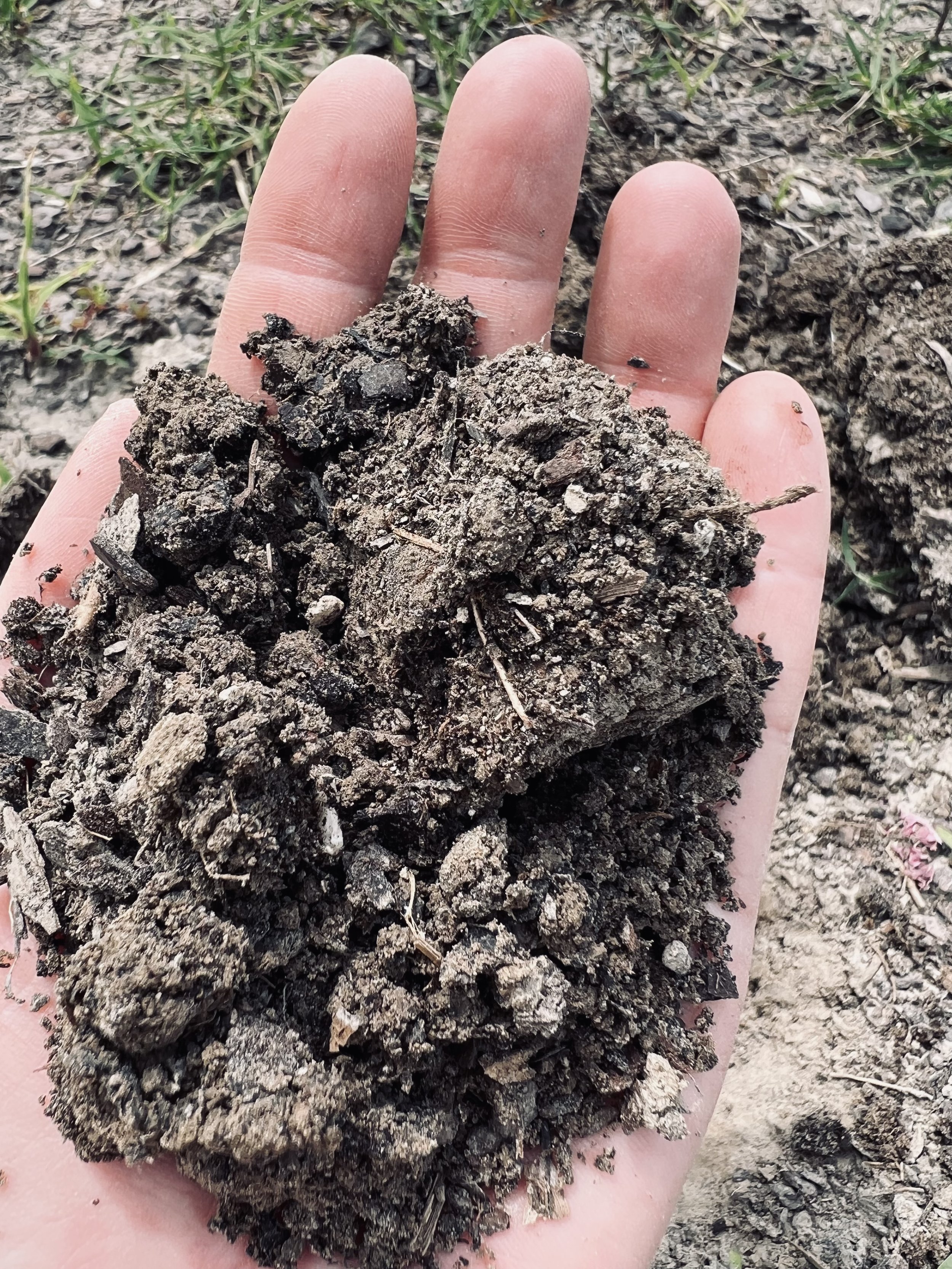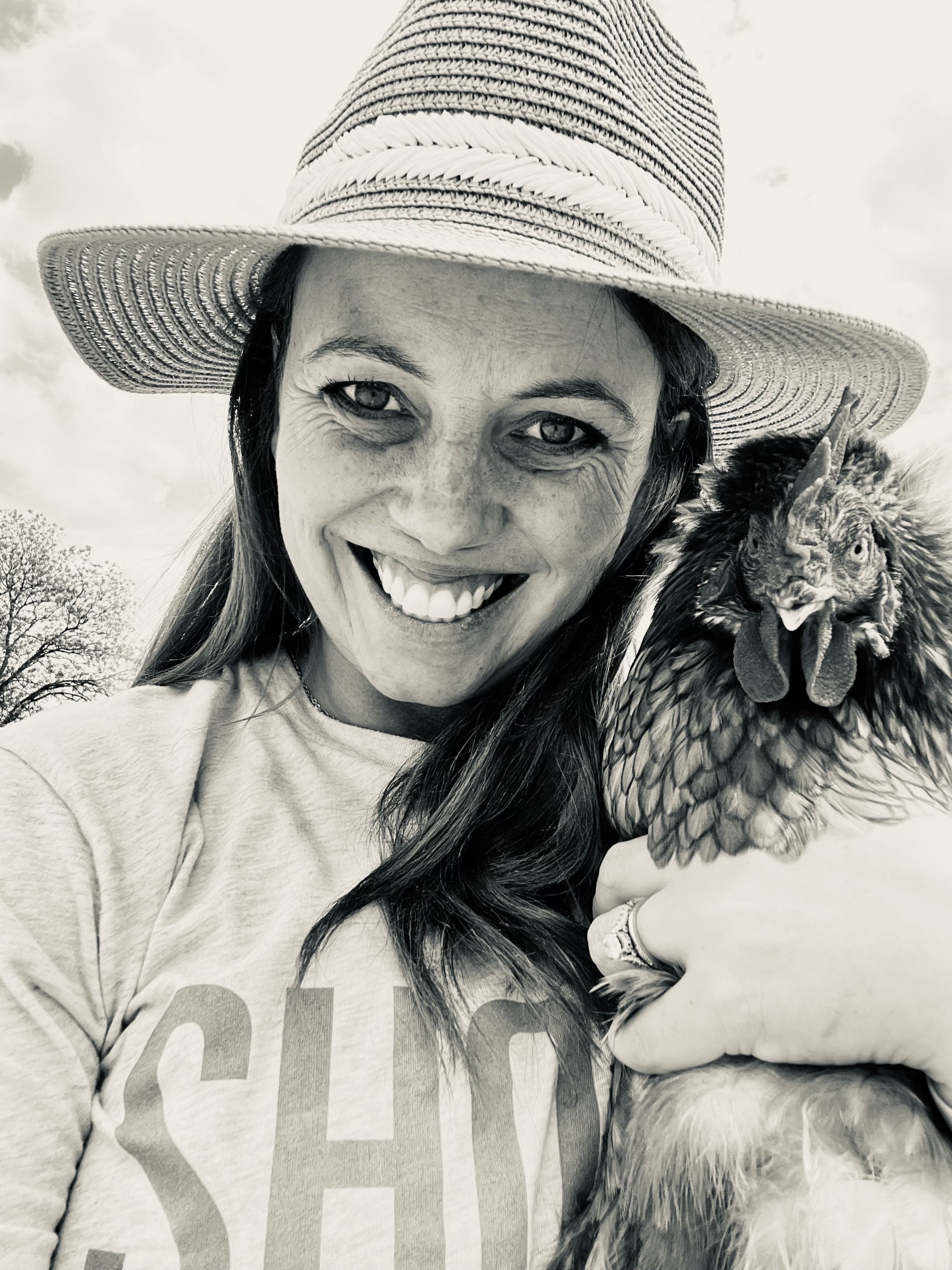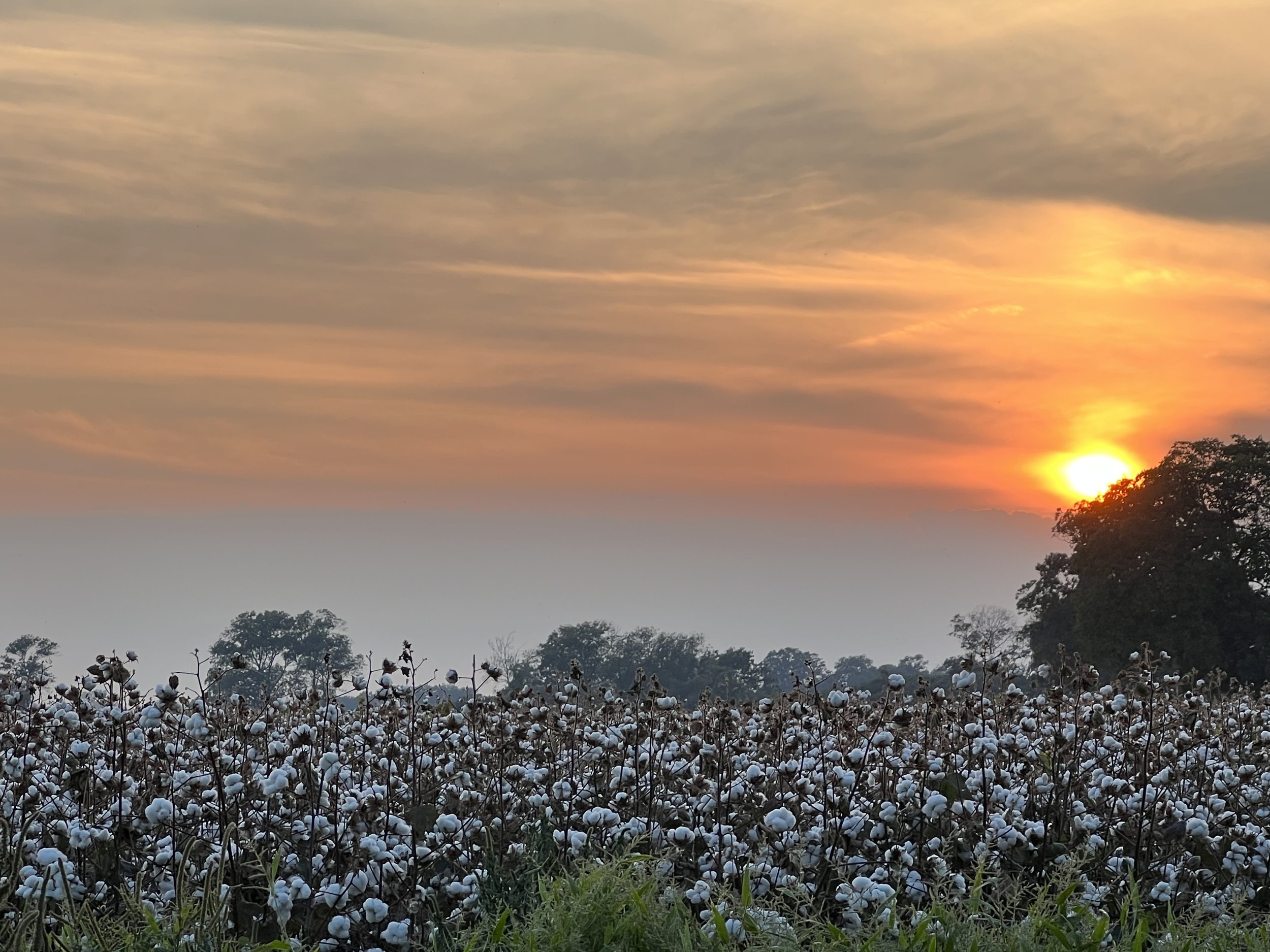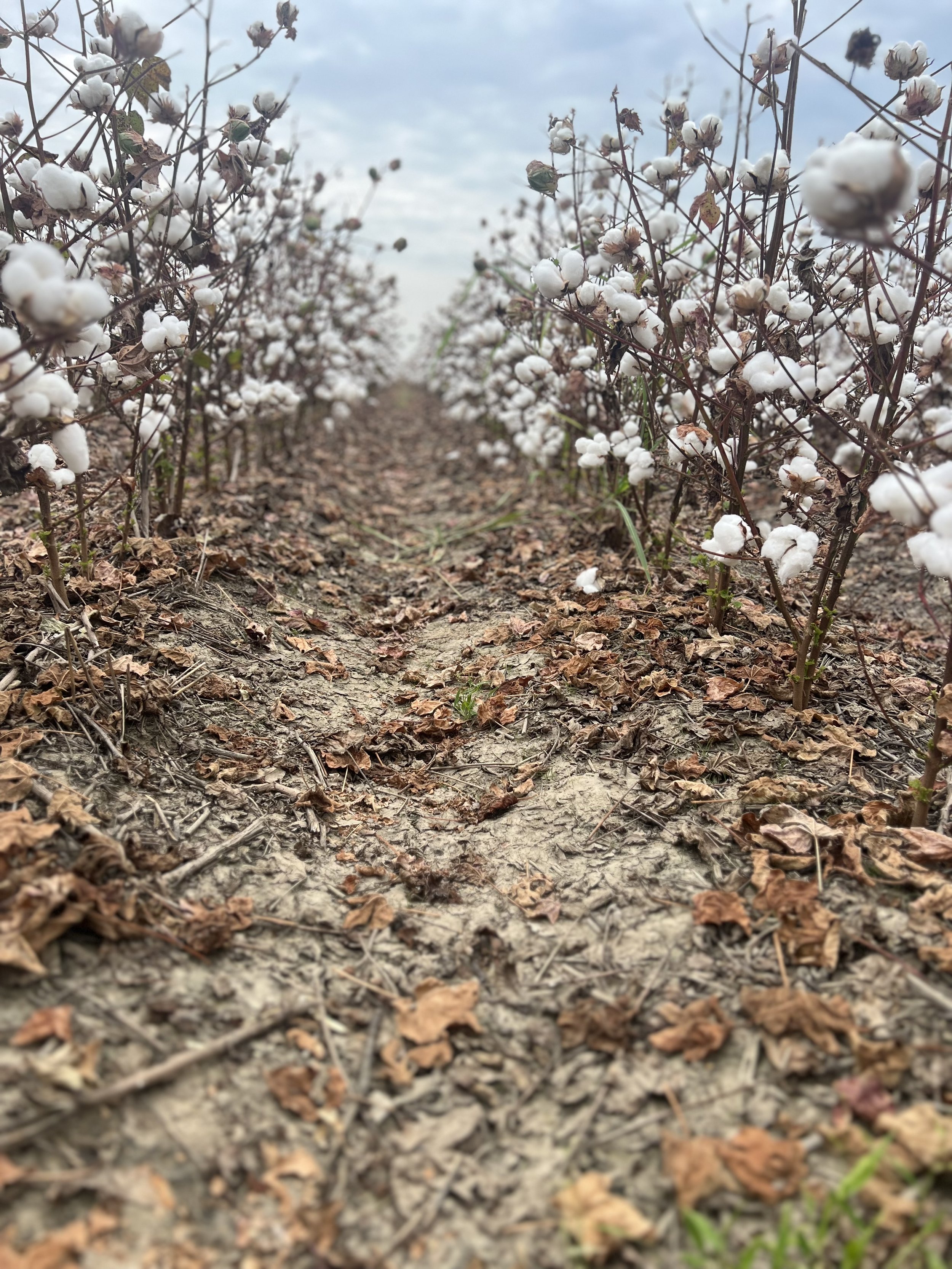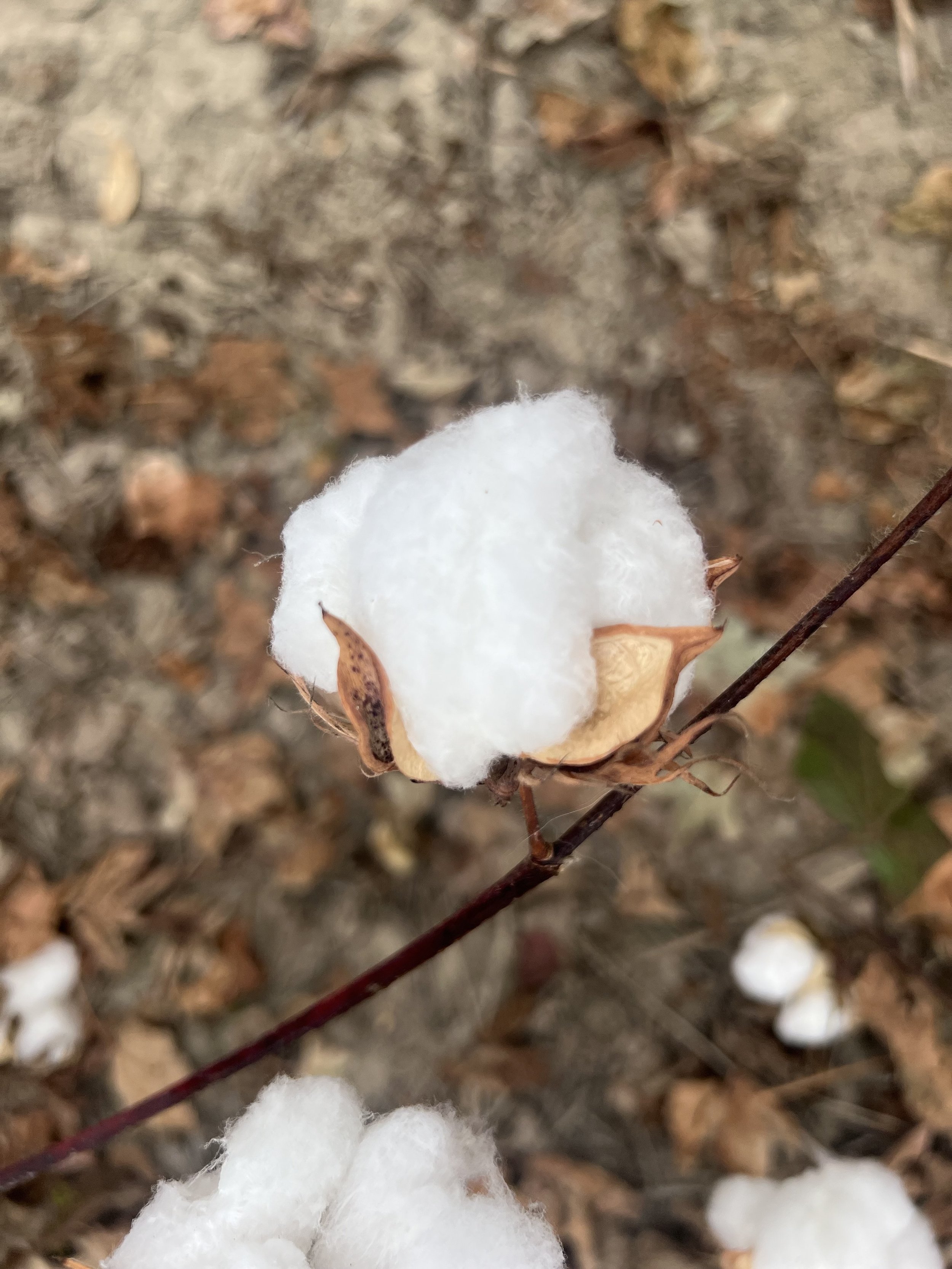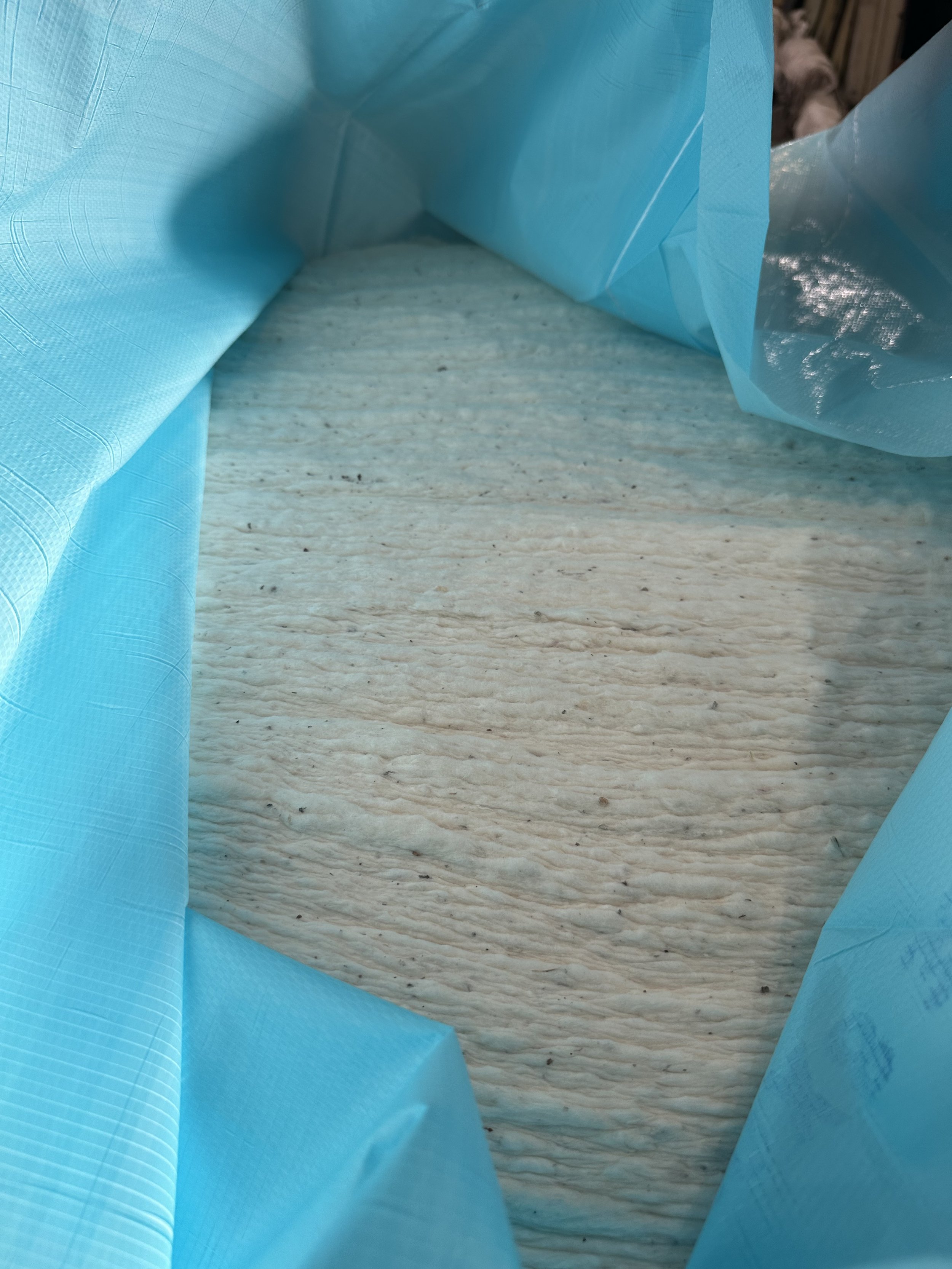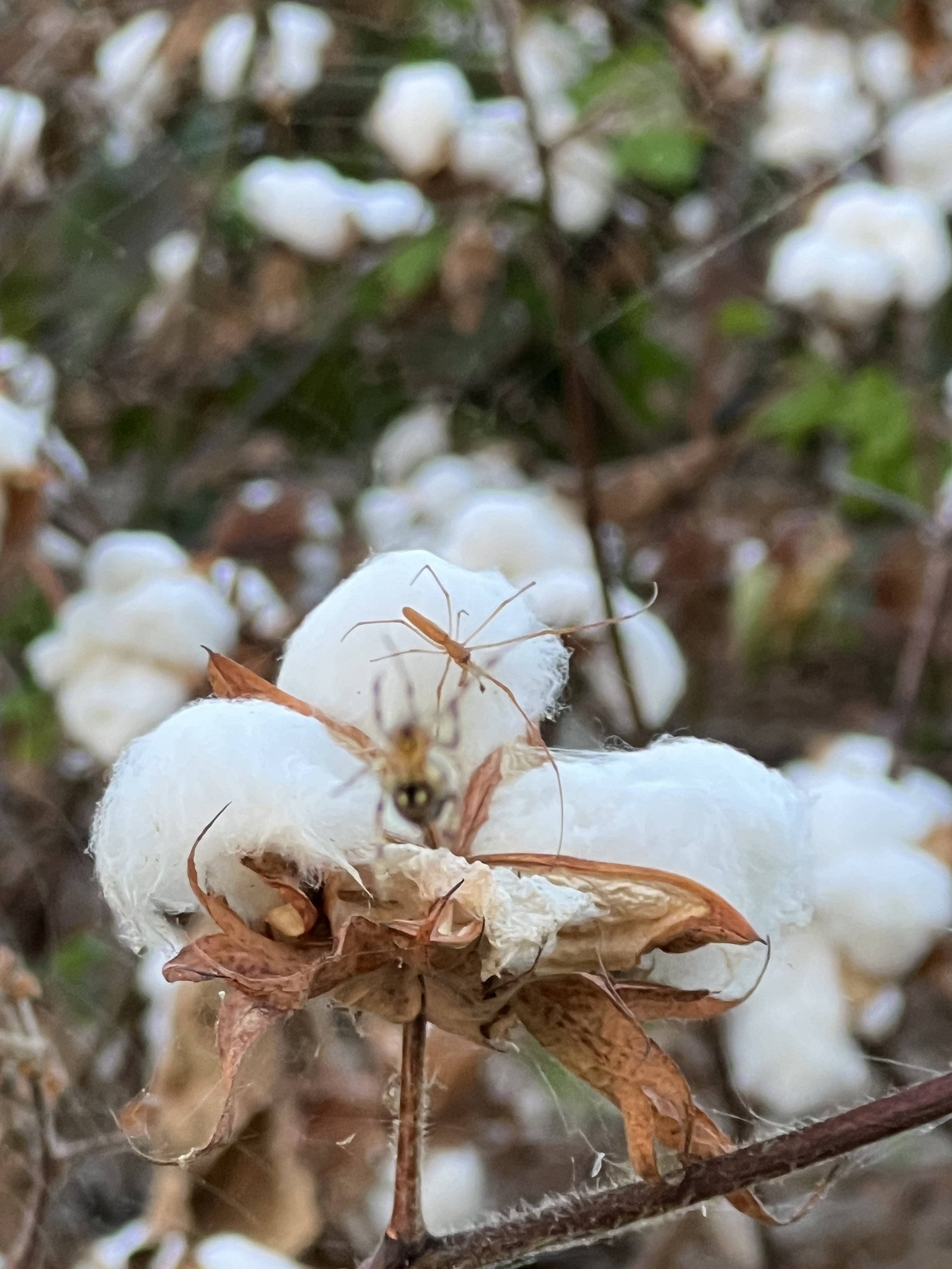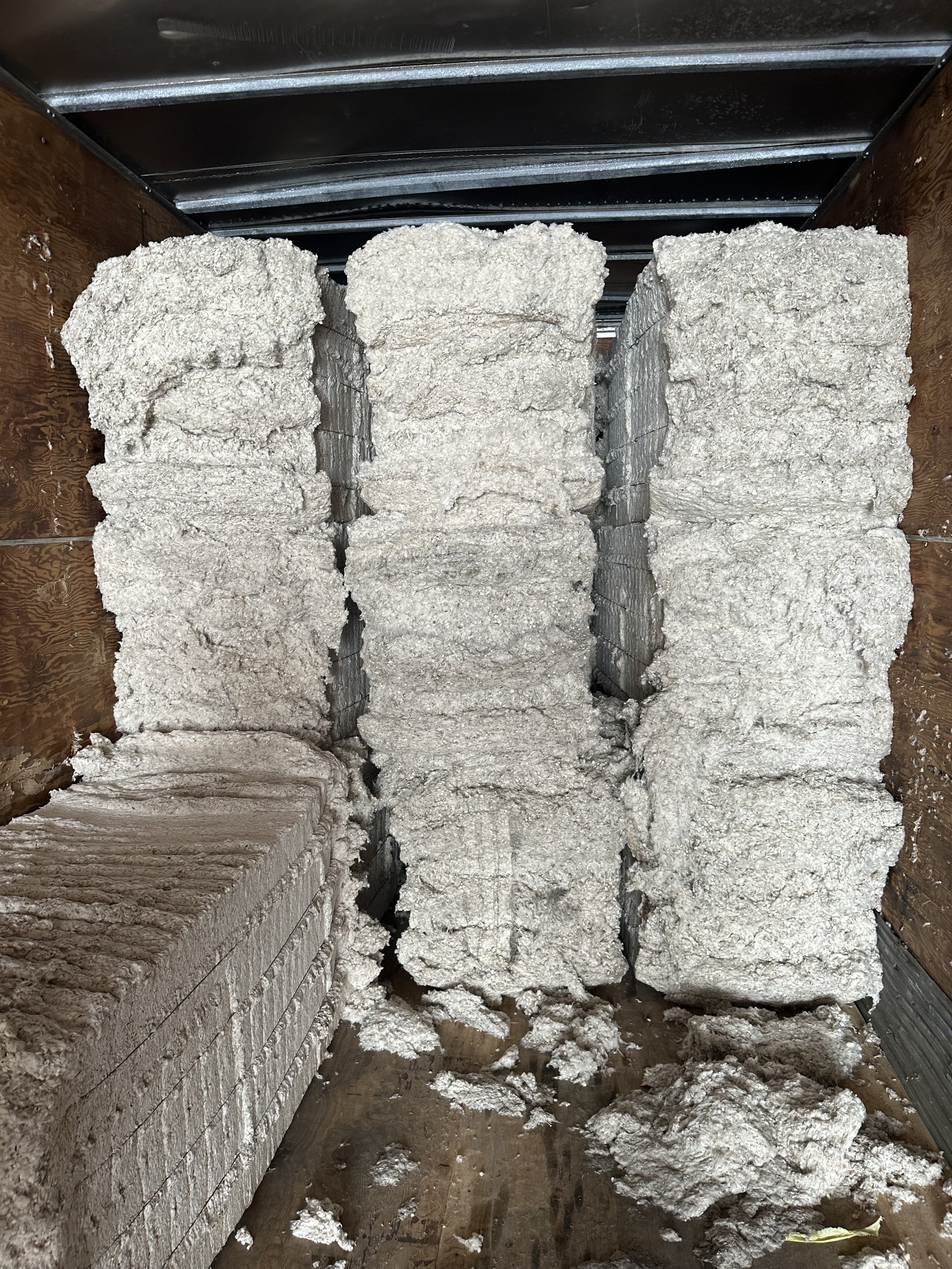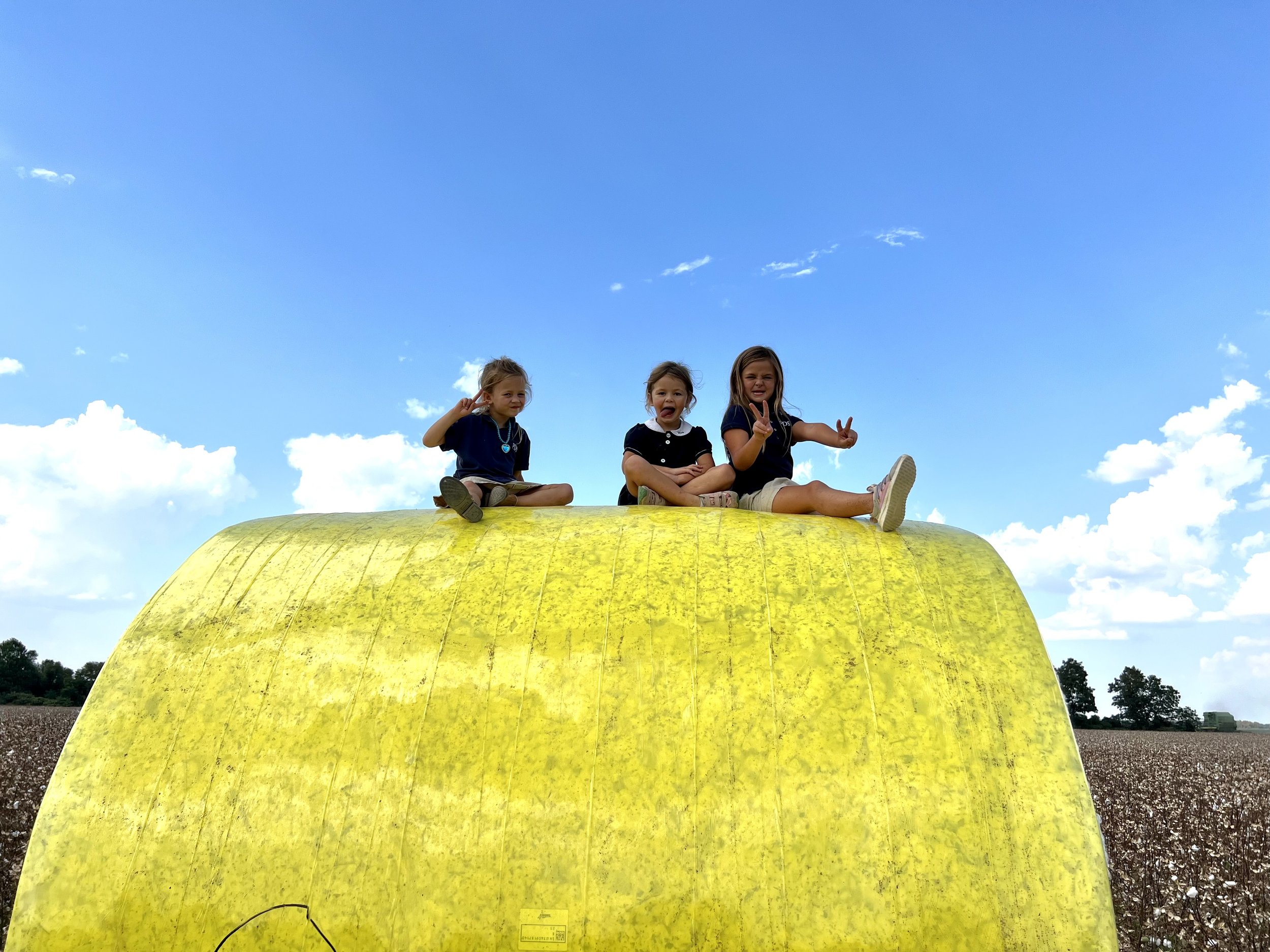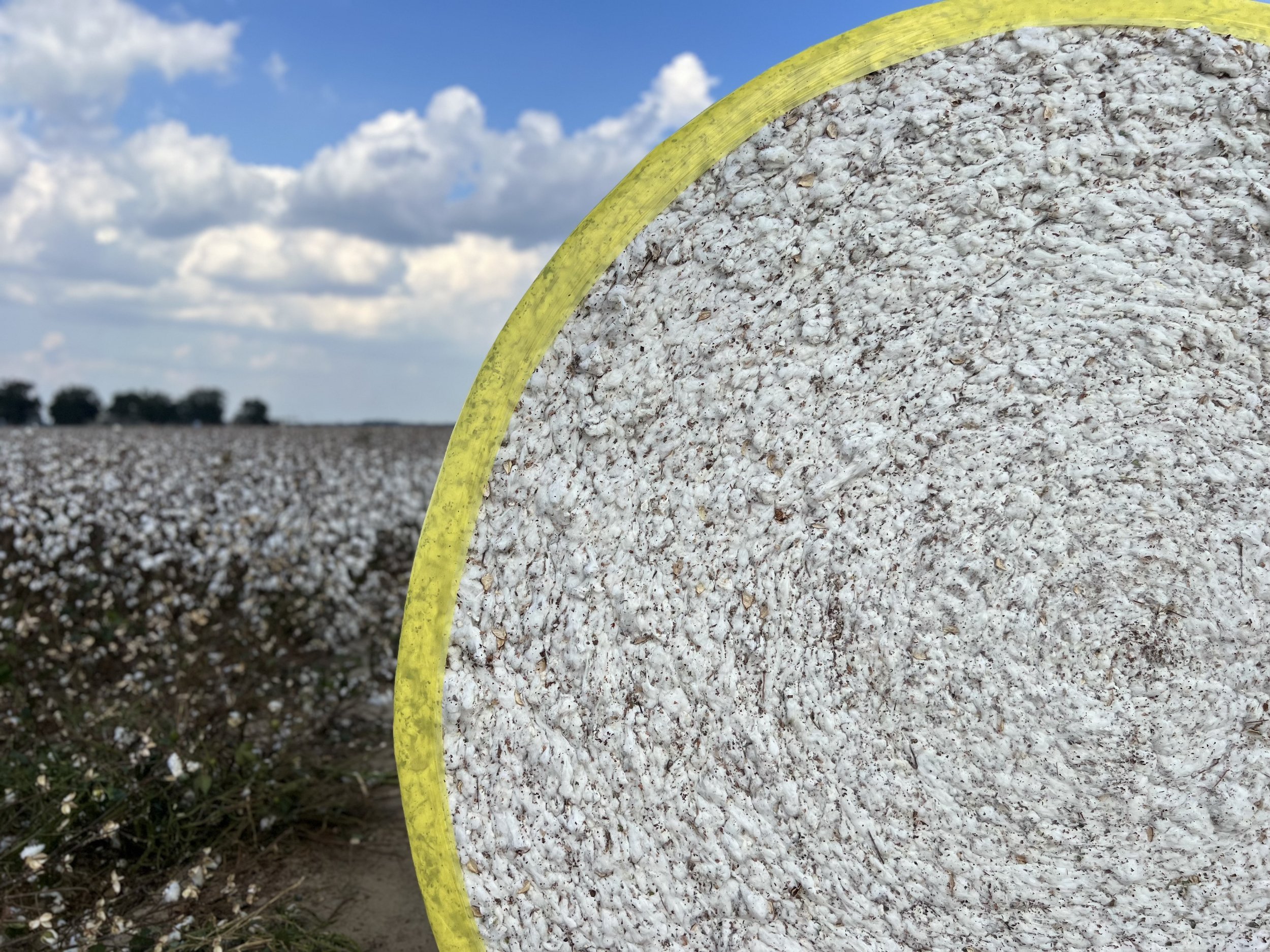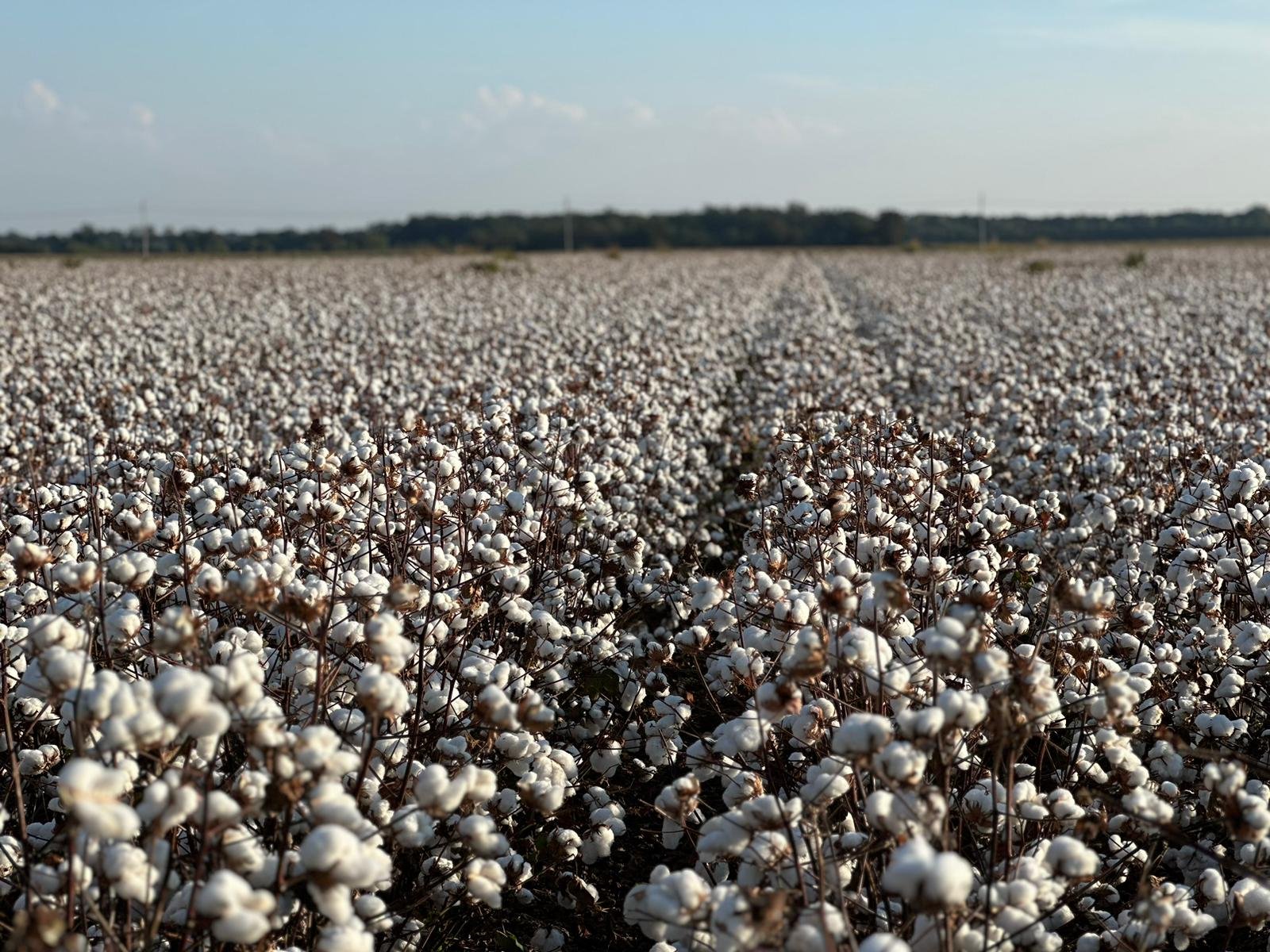About
“Do unto those downstream as you would have those upstream do unto you.”
— Wendell Berry
Regenerative Cotton Collective
At the heart of the Regenerative Cotton Collective lies a personal commitment to growing regenerative cotton.
Our collective was born from our family's journey toward health, a deep sense of stewardship, and a shared ambition to leave a positive impact on our planet. Cultivating cotton in our own backyard, we've seen firsthand how our environment influences our well-being, both physically and mentally, while preserving the natural splendor around us.
For generations, cotton cultivation has been part of our family's legacy. Today, it falls upon us to harness the latest advances in science and technology to responsibly care for the land, ensuring the flourishing of our families, communities, and the Earth. Amidst the uncertainties in our world, our aim is to use what we've been blessed with to effect meaningful change—locally and globally—and to support other farmers in their endeavors.
Our primary focus is on connecting brands with top-quality, traceable regenerative cotton. We're driven by the belief that the exceptional work on our farm should be evident throughout the entire supply chain. We want our customers to envisage a journey that begins with regenerative farming and culminates in partnerships with fashion brands that share our core values.
Our Guiding Principles
Regenerative Cotton Collective follows two guiding principles to steer the direction and decision making for the company and to keep us grounded in purpose. We work for the flourishing of the planet and people - all stakeholders in the farming and textile industries.
Planet
There has been a growing movement of activists, consumers, brands, and organizations raising awareness of the vital role that farmers play in not only slowing, but actually reversing the negative effects of carbon on the environment. When farmers implement regenerative practices, they grow the organic matter and they store or “sequester” carbon in the soil, restoring the carbon cycle to resemble nature’s original design, and not the modern extractive patterns of farming today. In addition to restoring the carbon cycle, regenerative agriculture also restores the water cycle, helps improve water quality, increases biodiversity , and makes farms more resilient against changing weather patterns. Many of our cotton farmers are located within the Mississippi River watershed, and the changes in their practices and the expanded adoption of these practices can help to mitigate the damage done in the Gulf of Mexico’s dead zone. With more than 12 million acres of cotton being cultivated in the United States, the potential for impact is huge. Regenerative Cotton Collective works to set a high standard of regenerative cotton and create a new market that pays a premium for farmers doing the work of regeneration.
People
A regenerative system is not just one that works for the benefit of the environment, but it also seeks to regenerate the lives of the people living in farming communities and working in agricultural supply chains. The regenerative movement is fundamentally about regenerating relationships: relationships of organisms living in the soil, people’s relationship to the natural world, and relationships between the people and communities working within the supply chains and affected by agriculture. The regenerative cotton collective works for the people who live in cotton producing communities in the United States and around the world. The RCC recognizes that farmers who are approaching the world regeneratively will be working not only for their own good but also for the good of their communities. The current agricultural system is all too often high risk and very small reward for cotton farmers, living on loans and tiny margins.
By bringing more profits to regenerative cotton farmers, RCC works to boost local economies and stabilize farming communities. In addition to bringing more income for regenerative cotton farmers, the regenerative cotton collective recognizes that the history of cotton farming has left cotton communities in a dire state of poverty. Knowing this, the regenerative cotton collective donates a portion of its profits each year to the Regenerative Cotton Community Fund. This fund supports farmers in need of financial help to transition, local food systems, education, and community organizations seeking to address the issues that many rural cotton producing communities are facing today.
We believe that we have an amazing opportunity with regenerative cotton farming to bring value to farmers, brands, investors, and ultimately the consumer via Regenerative Cotton Collective. We approach the growth of our company the way we approach the farm: through the eyes of regeneration. We seek to do business in a way that is collaborative and adds value to our customers, and does not rely on extractive relationships with people, the land, or our partners.
As the world continues to wrestle with the realities of the textile industry’s impact on the planet, we will be ready with a solution to help brands who are ready to make a change.
-

Cali Noland
CO-FOUNDER and CEO
As a founder of Regenerative Cotton Collective and co-owner at Long Lake Farms, Cali brings the voice of farmers to the forefront of the conversation within the space of sustainability in the textile industry. In 2021, after experiencing health complications, Cali discovered her passion for regenerative agriculture and began working alongside her husband, Mark Noland, to transition their family farm. She is a passionate champion of regenerative agriculture, and creating relationships between brands and farmers. She has traveled the U.S. speaking on behalf of farmers to brands and members of the supply chain about the need for them to support regenerative farmers. Cali also serves as a regenerative agriculture consultant to one of the world’s largest cotton merchants. She and Mark live on their farm with their three daughters, where they get to experience the benefits of regenerative farming everyday.
-

Jaclyn Noble
CO-FOUNDER and COO
As founder and COO of the Regenerative Cotton Collective, I bring over 25 years of expertise as a materials and supply chain specialist, driving operational excellence for renowned retail brands such as VF Corporation, Coach, Victoria’s Secret, American Eagle, and Spanx. With a successful track record in managing product launches, I am dedicated to elevating and optimizing operational processes in the industry. Through a deep passion for industry transformation, I am committed to fostering a more sustainable and regenerative future for the textile sector.
-

Robert Antoshak
CO-FOUNDER and SENIOR ADVISOR
As a seasoned business advisor, for more than 30 years, Robert has helped various commercial and association startups launch and succeed in today's competitive landscape. With a deep understanding of new business challenges, he's committed to providing the support and guidance needed to turn entrepreneurial visions into practical reality. He has an extensive background in marketing, mergers & acquisitions, sourcing, information services, fund-rains, and strategic planning.
-

Andy Mason
SENIOR ADVISOR
Andy is a leading expert in farm to garment manufacturing with over 30 years experience in both cotton fabric supply chain and brand retail. A former CEO of fabric manufacturing in SE Asia, Andy also headed up international raw material sourcing, including cotton sourcing initiatives, for Victoria’s Secret & Co. These included direct relationship sourcing with US Regenerative Farmers and also African Organic & Fair trade programs. Andy’s technical expertise and his commitment to ethically sources supply chains support transparency and traceability as well as the best sustainable practices.
-

La Rhea Pepper
SENIOR ADVISOR
LaRhea Pepper graciously contributes her expertise as Senior Advisor to the Regenerative Cotton Collective (RRC). Former CEO and Co-Founder of Textile Exchange, Chair of Connect Cotton Board, and Vice-Chair of the Regenerative Organic Alliance Board, she stands as a driving force for positive change in the textile and sustainable landscape.
-

Mark Noland
CO-FOUNDER and FARM PARTNER
As a regenerative cotton farmer in the Mississippi Delta, Mark has been studying soil health and regenerative agriculture on Long Lake Farms, and he helps other farmers seeking to transition to regenerative. Mark has been part of Regenerative Cotton Collective since 2023.
-

Bo and Mary Brock Crumpton
FARM PARTNERS
Bo and Mary Brock are co owners of Old River Planting Co and have been implementing regenerative practices since 2021. They became partners of Regnerative Cotton Collective in 2023.
